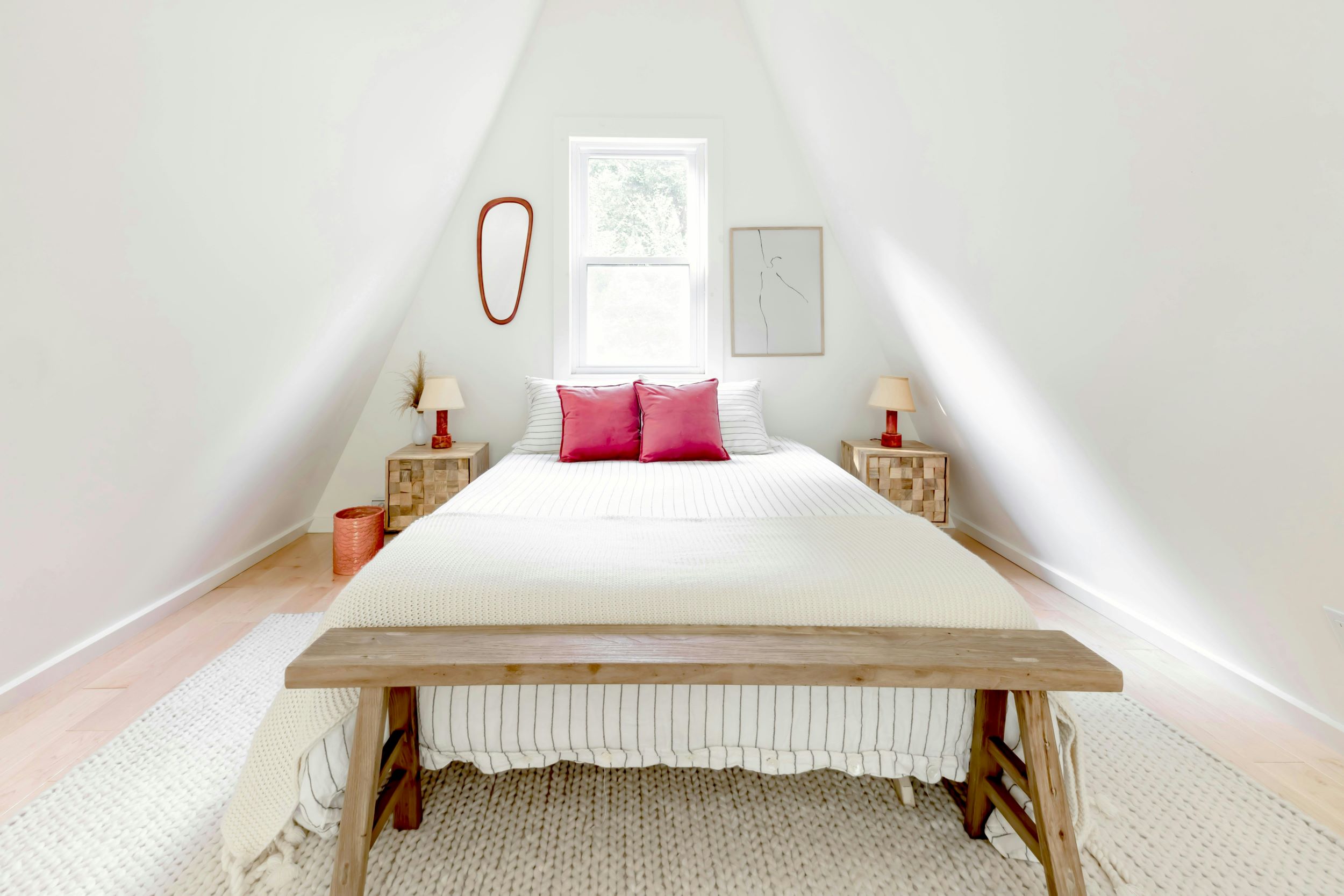
A Cornerstone for Sobriety and Fresh Starts
Founded in the 1970s in Silver Springs, Maryland, Oxford Houses began with a simple yet transformative mission: to create safe, sober living environments where individuals could recover from addiction in a supportive and structured setting. What started as a single recovery home has since grown into a network of residences across the United States and internationally, providing countless individuals with the stability and community they need to rebuild their lives.
The Oxford House model's core is a peer-driven recovery approach. Each home operates as a democratically run, self-supporting household where residents share responsibilities and make collective decisions about their living environment. In an Oxford House, residents gain life skills such as managing household duties and resolving conflicts, which are crucial as they prepare to reintegrate into society.
Offering Families the Opportunity to Support Their Loved One's Journey
Family involvement is also a key aspect of the Oxford House philosophy. Recognizing that addiction can strain relationships, these homes provide a stable environment where families can reconnect with their loved ones in recovery. Additionally, Oxford Houses serve as a resource for medical professionals, addiction counselors, and social workers, who can confidently refer patients to these homes.
Cultivating the Spirit of Community
Inside an Oxford House, residents form a close-knit, supportive household that goes beyond typical living arrangements. They are encouraged to attend regular group support meetings, participate in interactive activities, and take on shared responsibilities, all of which contribute to a strong sense of camaraderie and mutual respect.
For those interested in joining, in-person interviews are conducted daily at 7:00 p.m. Prospective residents can meet current members, experience the supportive environment firsthand, and determine if Oxford House is the right fit. This facility can accommodate up to six residents, fostering an intimate, family-like atmosphere where each individual feels seen, valued, and supported. The smaller capacity ensures that every resident has a voice in house matters and can build close connections with others, enhancing the personal and collective experience of recovery.